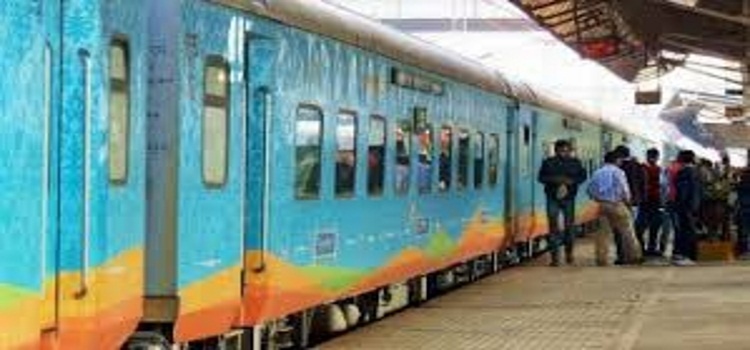
With most public service undertakings in the country making the transition to digital services with increasingly less requirement of paper-based communication, the move accentuates the railway ministry’s efforts in keeping up with time and technology.
In another significant uphaul by Indian Railways to exit unproductive ventures, all the printing presses have been directed for shutting down, and the staff employed in these units will be reassigned to other departments.
Part of the national transporter’s strategy to redirect its resources to more integral schemes, the move was given the nod during an extensive meeting held between railway minister Piyush Goyal, Railway Board members and general managers of all 17 railway zones.
Currently, 14 printing presses fall under the jurisdiction of the railways. With most public service undertakings in the country making the transition to digital services with increasingly less requirement of paper-based communication, the move accentuates the railway ministry’s efforts in keeping up with time and technology.
Phasing out printing machinery that is not just old but outdated as well, all printing works will be carried forth only through tenders hereafter
“Traditionally, a lot of paper, such as forms were used by the railways. But now these are getting automated. These are moribund 19th-century units which are not required anymore,” explained a former railway employee.
While the units were mostly used for printing books, forms and tickets, important documents like that of railway budget were being reportedly printed at a security press that wasn’t operated by railways. Now that even tickets are being booked online, the requirement of printing units to print tickets is nothing more than a cost deficit.
As per a former finance commissioner of the railway, a lot of printing units were shut when the internal requirements of the railways dropped in recent years.
“Earlier, these units were used to print tickets which were then supplied to stations. Now, they have been computerised. The real estate of these units can be put to more productive use,” he added.
The staff, who have been working in these units, will now be redeployed and given training accordingly.
